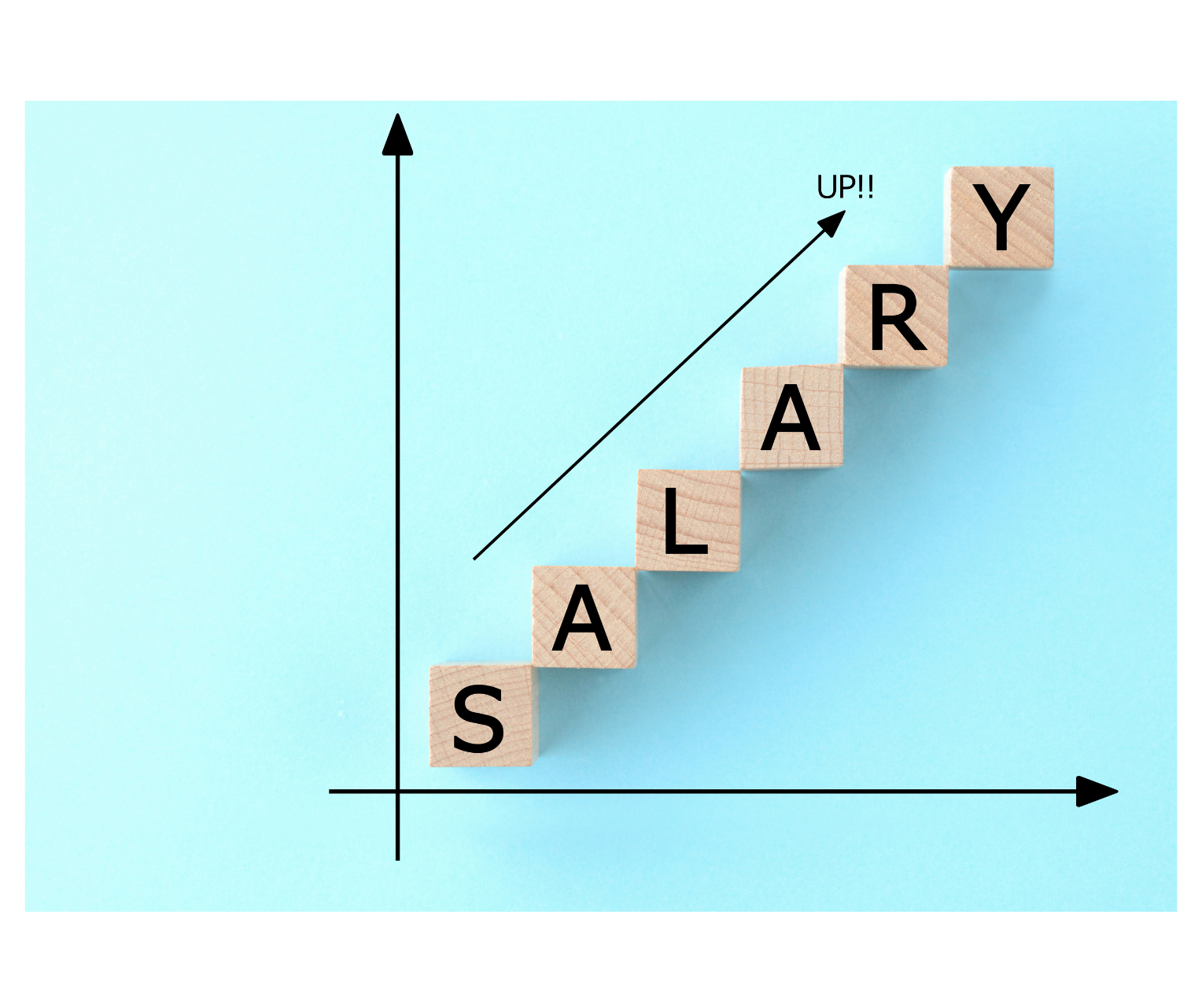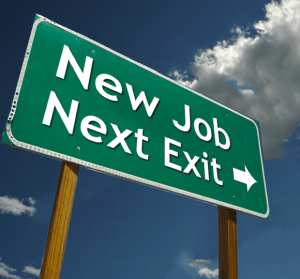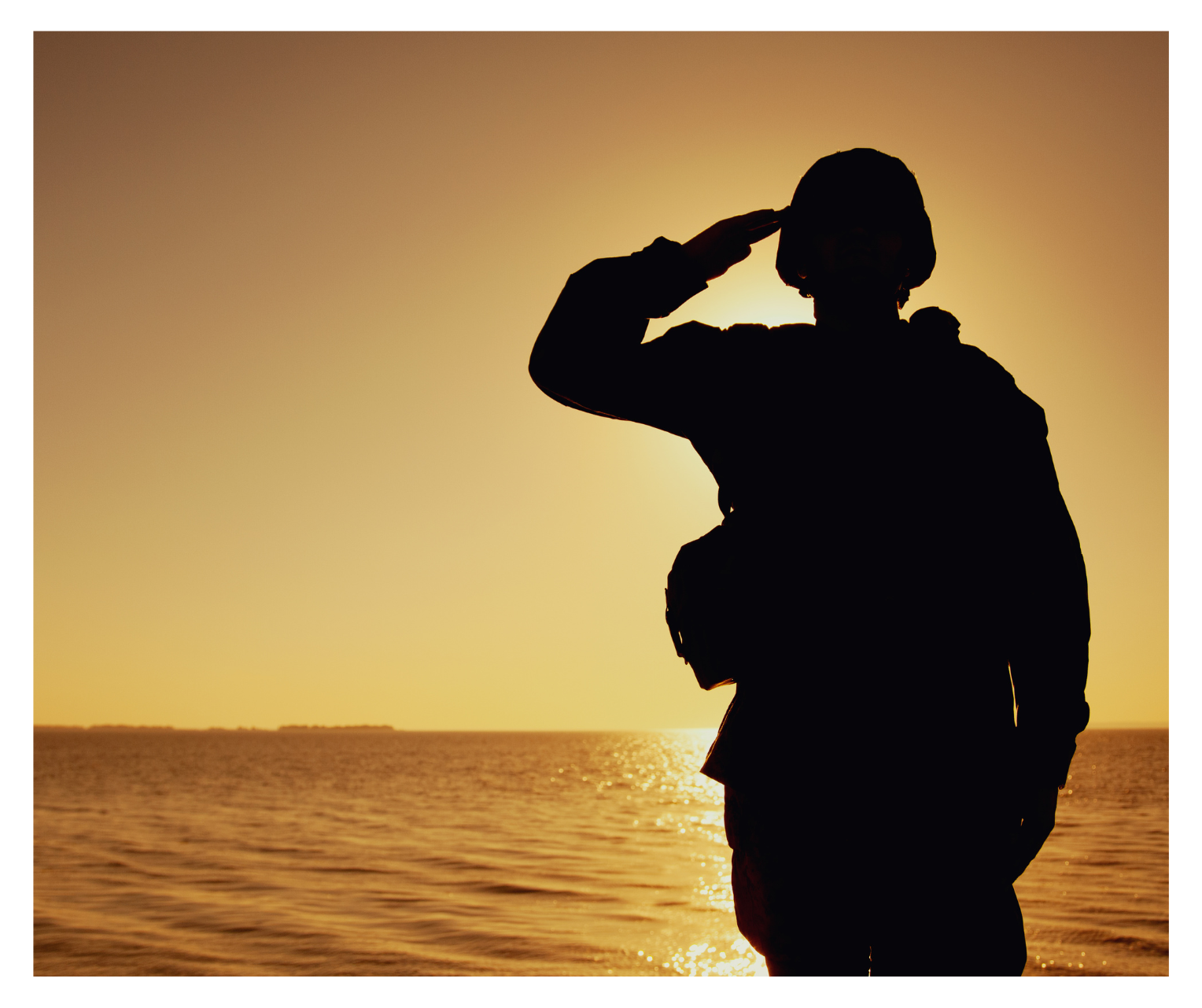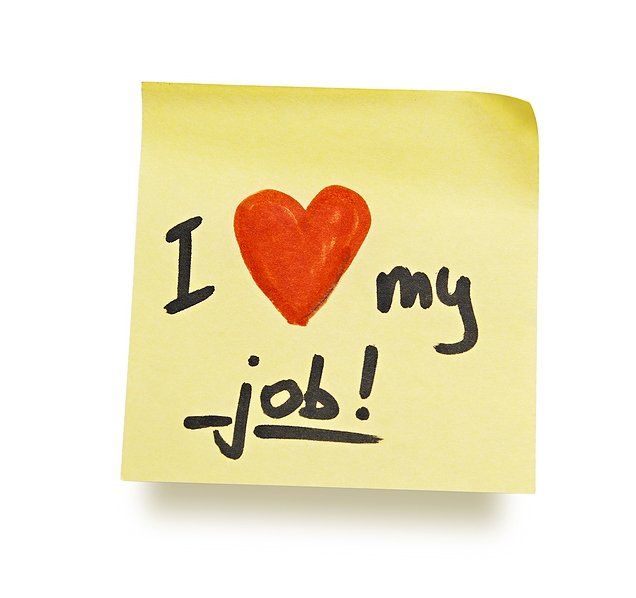I recently went to a memorial service for a former colleague that I had also helped in a professional capacity. He was 29 years old and decided to take his own life. I was not a close friend, so I did not know him well, but this came as a devastating shock to me, and even more so for the many friends and family at the memorial. Those close to him knew he was struggling but had no idea he might consider ending it all. How often have you heard that? The most puzzling thing about all of this was he was a young man who seemed to have it all. He was very bright, well educated, a gifted sportsman, who had many friends all over the world, and he was a really wonderful, down-to-earth guy. I said to my wife that evening, he was more talented than almost all the people in the room. Yet, he could not see a future.
This really affected me. As I said to one of his closest friends, depression is a bastard and it can affect anyone, at any time. It doesn’t need to be the result of a tragedy, failure or any other external event, sometimes it just sneaks up and swallows you. A week or so later I heard of another senior professional who also took her own life. It seems suicide is a bit like cancer, everybody has their own story of someone they knew who made the decision to end it all.
In NZ we have the highest youth suicide rate in the OECD and in 2017 606 Kiwi’s died by suicide. While suicide is the worst manifestation of mental health problems 47% per cent of New Zealanders will experience mental illness or distress in their lifetime and 1 in 6 adults have been diagnosed with a common mental disorder in their lifetime, depression and anxiety the most common. I’ve had my own battles with depression in the past, but the statistics would indicate almost half of us have. Mental health is a serious issue, that has a massive impact not just on the individual but also for all of those around them. The good news is some great work is being done to raise awareness.
This also made me think about what I can do as an employer and what other workplaces can do to help our people. All employers have obligations under the Health and Safety at Work Act, to prevent psychosocial health risks as well as other forms of harm in their workplaces. Recently WorkSafe announced that they had “called a meeting with the country’s major law firms, saying it wants to engage with and monitor what the firms are doing.”
But more than just preventing harm, what can we do to proactively help people monitor their mental health and wellbeing. As I noted in my previous blog, your workplace can change you for better or for worse, and one of my driving principles is to help my team become better people through their experience working in my team. There are a couple of resources that are quite helpful. Depression.org.nz has a free, quick and easy depression and anxiety self-test that could highlight to an individual if there is an issue they need to address. St John New Zealand recently announced that they are launching a Mental Health First Aid course to give participants the “skills and knowledge to recognise and respond to individuals experiencing mental health concerns.” Like Minds, Like Mine have some great resources and stories to help end discrimination towards people with mental illness.
Legal Personnel is also currently exploring an opportunity to partner with a Kiwi company that has developed an app for individuals to track their own physical and mental health. I’ve had conversations with friends who have said when they look back on periods of their life, they were probably depressed but didn’t realise it at the time. This app will provide individuals with the insight into their own wellness and hopefully provide the trigger to seek help for those with mental health concerns, or at the very least start a discussion. More details to come on this exciting partnership.
We can all play a part in raising awareness about mental health, encouraging people to seek help, and creating workplaces that support people rather than allowing environments that damage people. Hopefully, this might reduce some of the ugly statistics we currently have, and we won’t have to keep going to memorial services for people who could see no way out.
Jarrod Moyle – Managing Director
Filed under Blog







